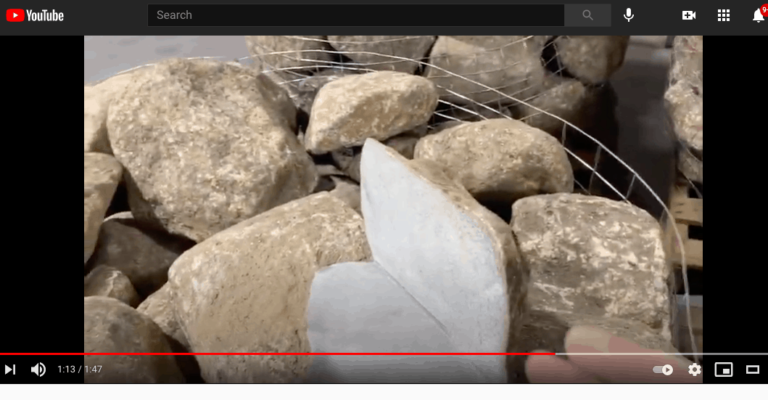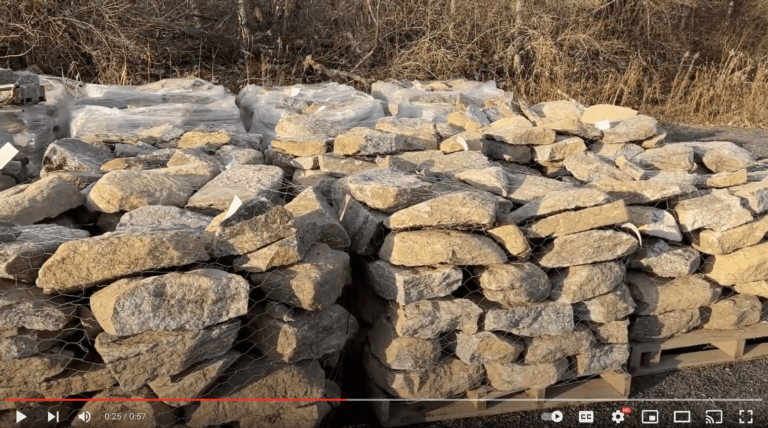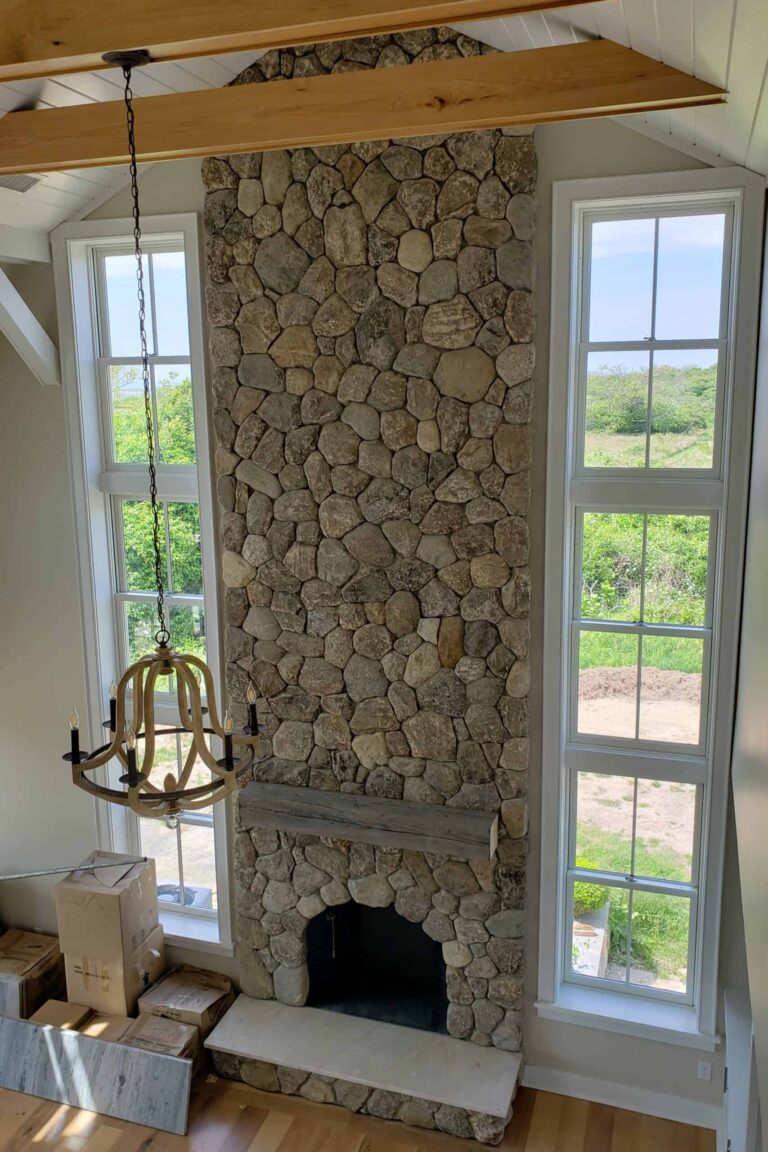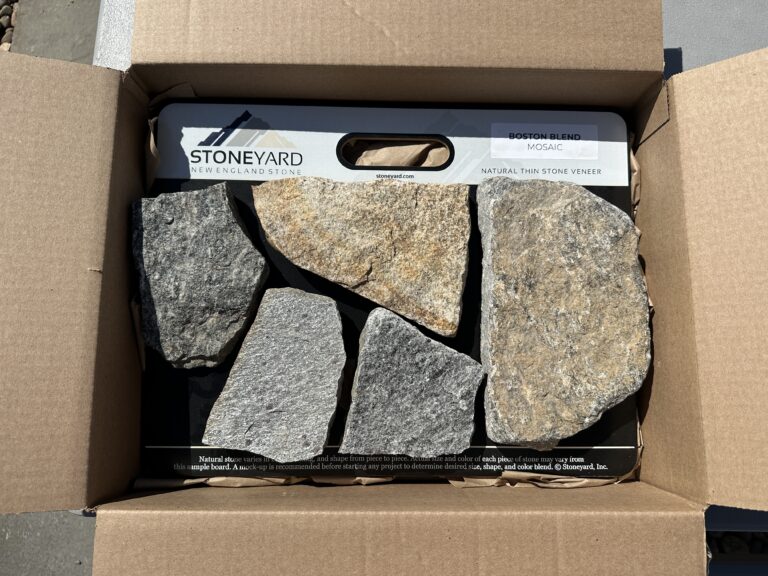Why shouldn’t you clean stone with muriatic acid?
Our Recommended Stone Cleaning Products
At Stoneyard, we are passionate about the beauty and durability of natural thin stone veneer. That’s why we always recommend that any stone projects are properly cleaned post-installation. When it comes to cleaning, however, there’s one common method we strongly advise against: muriatic acid.
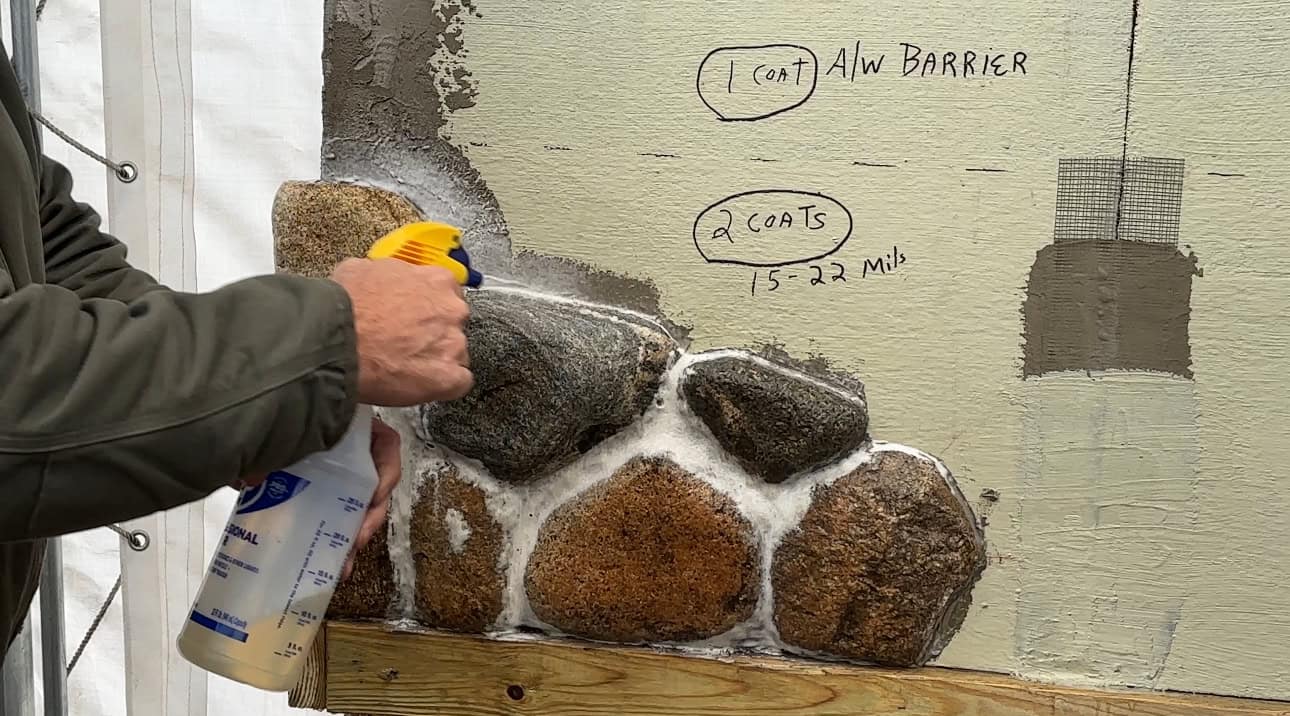
Why don’t we clean stone with muriatic acid?
While muriatic acid might seem like a quick fix for stubborn stains, it can wreak havoc on your natural stone veneer. Here’s why:
- Etching: Muriatic acid is an aggressive cleaner. It can eat away at the stone’s surface, leaving behind a dull, uneven finish. This etching permanently damages the natural beauty of your veneer.
- Color Change: Many natural stones contain minerals that react poorly to acid. This can lead to discoloration, blotchiness, and an overall loss of vibrancy.
What are safe and effective alternative stone cleaners?
We recommend two high quality products made by Prosoco:
- Safety Klean for Everyday Cleaning (Indoor and Ongoing Maintenance)
Safety Klean is a neutral pH cleaner specifically designed for natural stone. It’s gentle on the surface yet powerful enough to remove everyday dirt, grime, and light stains. It’s also perfect for routine cleaning of both indoor and outdoor installations.
- Vana Trol for Tough Stains and Outdoor Projects (New Masonry Surfaces)
For tougher stains, especially on outdoor new masonry surfaces. Vana Trol offers a more robust cleaning solution. However, it’s important to note that Vana Trol is slightly acidic. While much safer than muriatic acid, it’s not recommended for ongoing maintenance or indoor use.
Watch the video below to learn more about these two products.
Here’s a quick guide:
- Everyday Cleaning: Use Safety Klean for routine cleaning of both indoor and outdoor natural thin stone veneer.
- Tough Outdoor Stains: For stubborn stains on new masonry outdoor projects only, consider using Vana Trol with extreme caution following the manufacturer’s instructions.
By following these tips and using the right cleaning products, you can keep your natural thin stone veneer looking its best for years to come.
